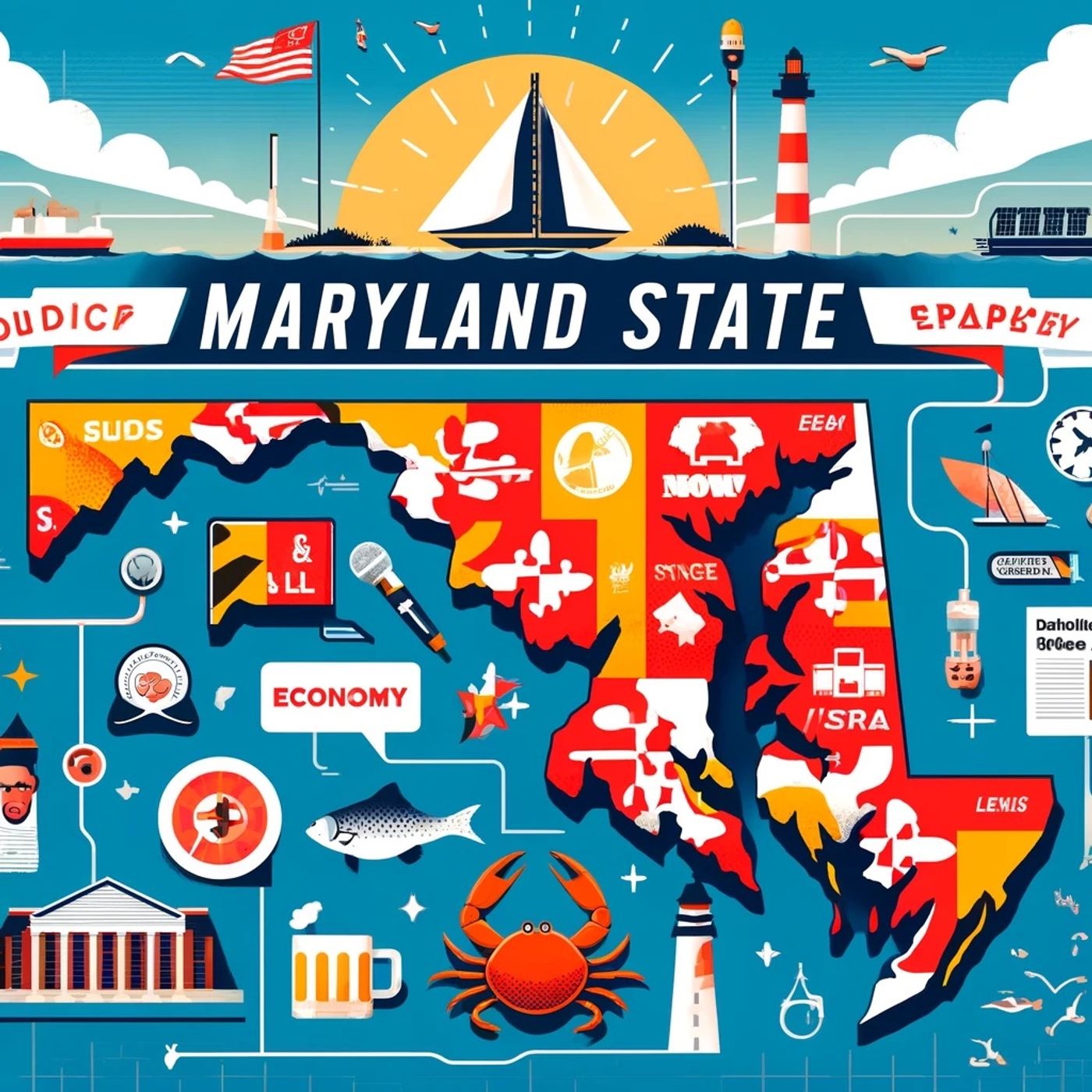Dec 04 2024 2 mins
Maryland has seen a flurry of significant developments across various sectors in recent weeks.
In government and politics, Governor Wes Moore has been proactive in addressing key issues. He recently allocated $1.8 million to bolster Maryland's cybersecurity infrastructure, aiming to make the state the "cyber capital" of the nation[1]. Additionally, the state legislature has been busy, with a Senate panel passing a bill to designate the Chesapeake National Recreation Area as a national park unit[1].
On the economic front, Maryland has been dealing with the aftermath of the Francis Scott Key Bridge collapse in March. To mitigate the impact on local businesses, the state has offered grants as an alternative to keep them out of debt[1]. Furthermore, CVS has agreed to pay $45 million to Baltimore for its role in the opioid epidemic, marking a significant settlement[3].
In community news, public safety remains a concern. Baltimore City recorded 18 homicides and 46 non-fatal shootings in November 2024, highlighting ongoing challenges in crime prevention[2]. Education and infrastructure projects are also in focus, with lawmakers eyeing school safety measures ahead of the upcoming legislative session[1].
Environmental developments include the approval of a wind project on the Delmarva Peninsula, which is expected to contribute to Maryland's renewable energy goals[1]. President Biden has also requested aid for the Key Bridge rebuild in a disaster package, underscoring the need for federal support in infrastructure projects[1].
Looking Ahead:
- The upcoming legislative session is expected to address pressing issues such as school safety and infrastructure projects.
- The development of the Chesapeake National Recreation Area as a national park unit will be closely watched.
- The ongoing efforts to rebuild the Francis Scott Key Bridge and support affected businesses will continue to be a focus.
- The impact of the wind project on the Delmarva Peninsula on Maryland's renewable energy landscape will be monitored.
In government and politics, Governor Wes Moore has been proactive in addressing key issues. He recently allocated $1.8 million to bolster Maryland's cybersecurity infrastructure, aiming to make the state the "cyber capital" of the nation[1]. Additionally, the state legislature has been busy, with a Senate panel passing a bill to designate the Chesapeake National Recreation Area as a national park unit[1].
On the economic front, Maryland has been dealing with the aftermath of the Francis Scott Key Bridge collapse in March. To mitigate the impact on local businesses, the state has offered grants as an alternative to keep them out of debt[1]. Furthermore, CVS has agreed to pay $45 million to Baltimore for its role in the opioid epidemic, marking a significant settlement[3].
In community news, public safety remains a concern. Baltimore City recorded 18 homicides and 46 non-fatal shootings in November 2024, highlighting ongoing challenges in crime prevention[2]. Education and infrastructure projects are also in focus, with lawmakers eyeing school safety measures ahead of the upcoming legislative session[1].
Environmental developments include the approval of a wind project on the Delmarva Peninsula, which is expected to contribute to Maryland's renewable energy goals[1]. President Biden has also requested aid for the Key Bridge rebuild in a disaster package, underscoring the need for federal support in infrastructure projects[1].
Looking Ahead:
- The upcoming legislative session is expected to address pressing issues such as school safety and infrastructure projects.
- The development of the Chesapeake National Recreation Area as a national park unit will be closely watched.
- The ongoing efforts to rebuild the Francis Scott Key Bridge and support affected businesses will continue to be a focus.
- The impact of the wind project on the Delmarva Peninsula on Maryland's renewable energy landscape will be monitored.
